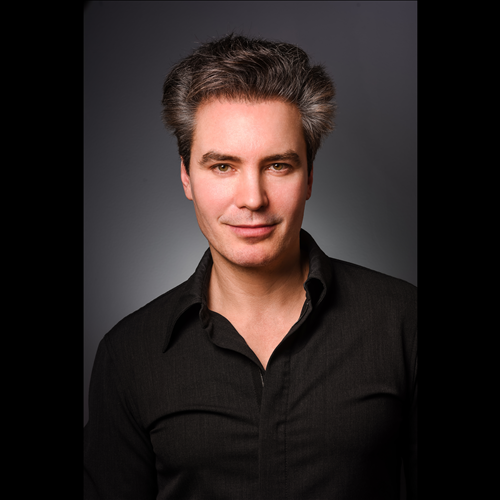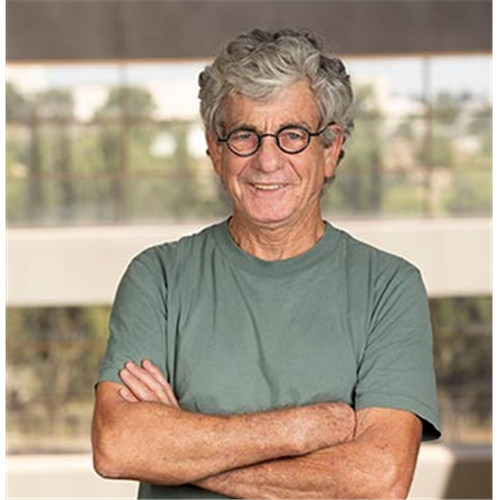CONFERENCE
Back to program
05-06-2024
10:00 - 11:00
Brain and AI, Fatal Combination or Unique Revolution?
New Frontier Ciência Inteligência Artificial Futuro Tecnologia Impacto Social
The development of generative AI brings several impacts to human society. Within this framework, to be aware of its possibilities and risks is vital. A deep understanding of its implications is essential to guide a responsible and ethical development of this technology. This requires a holistic approach considering beyond the potential benefits, also the associated challenges. In this panel, we will reflect on how enjoy the full transformative potential of generative AI while mitigating its negative impacts on human society.
Speakers

Álvaro Machado Dias | Palestrante
Neuroscientist and futurist. Full professor at the Federal University of Sao Paulo, columnist with Folha de S. Paulo and CBN. Partner at Locomotiva Institute, WeMind Innovation Office and MetaHuman.

Jaqueline Weigel | Moderadora
Strategist and expert in Corporate Foresight and Futures Studies. Graduated in People Management from FGV-SP, Jaqueline is a researcher of Foresight Methodologies at FFRC, Finland Futures Research Centre, Finland, CLA Method by Dr Sohail Inayatullah, Australia, Institute for The Future and is the only Brazilian certified in Futures Studies by the Center of Futures Intelligence and Reserach of Tamkang University, Taiwan. She was a student at Singularity University and is connected with the better futures community in the world.

Eilon Vaadia | Palestrante
Prof. Vaadia (Former Director and Founder of ELSC - The Edmond & Lily Safra Center for Brain Sciences, 2009-2016) combines theory and experiments to study brain sensorimotor functions. The team at the lab uses brain-machine interfaces (BMI) electrical activity of neurons in brain circuits. In simple words, BMIs can read to modulate and decipher the "brain’s intention” from its activity, and further; BMI can be used to detect in real-time electrical patterns involved in a brain disease and readjust these patterns to ameliorate the disease.









